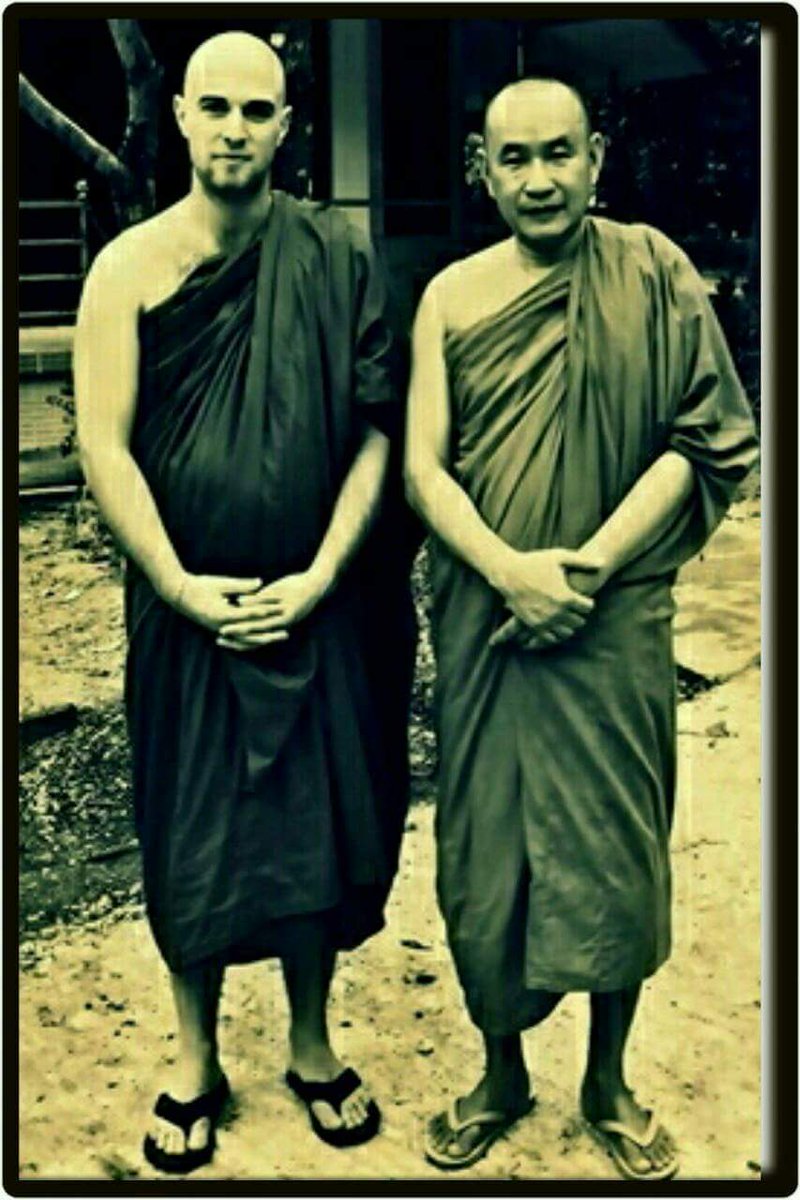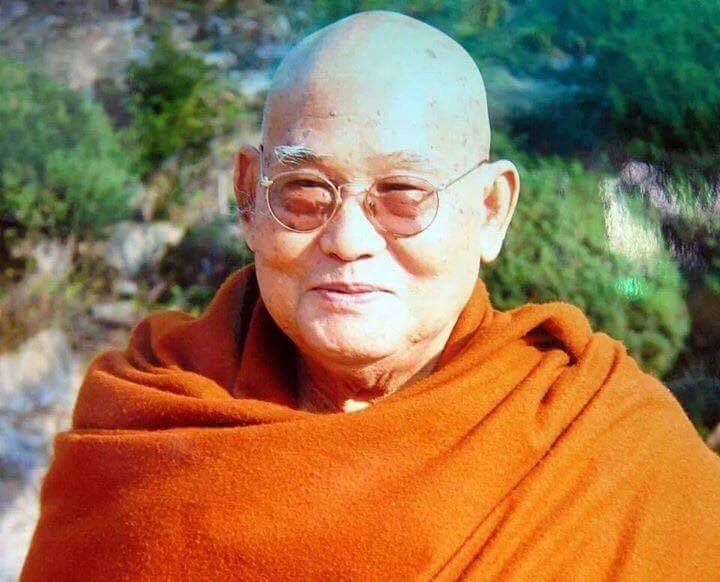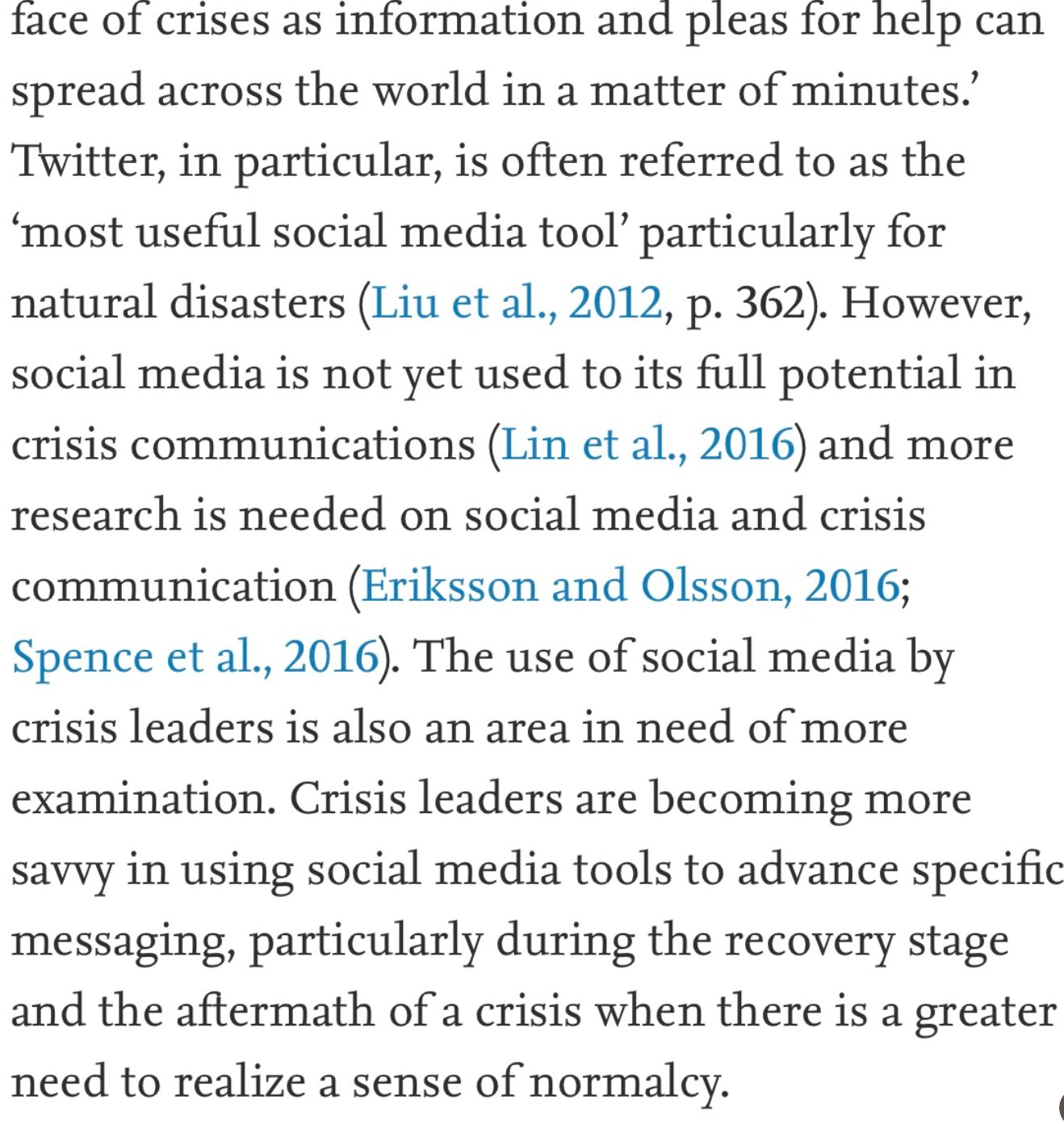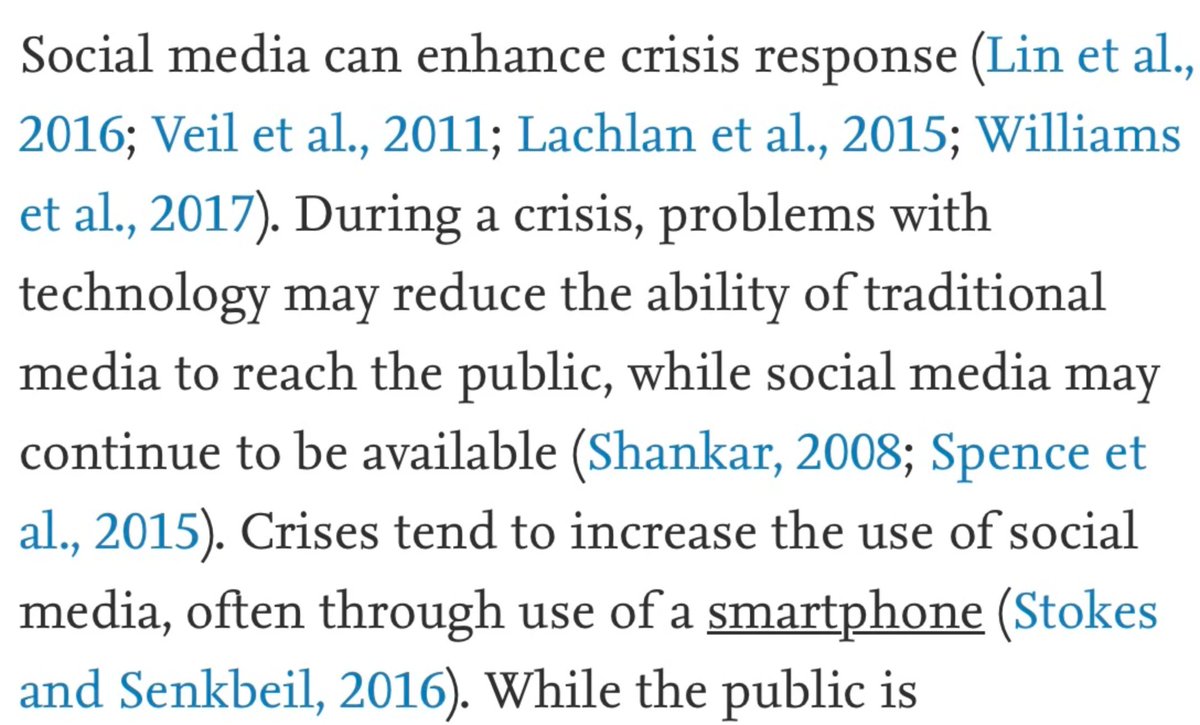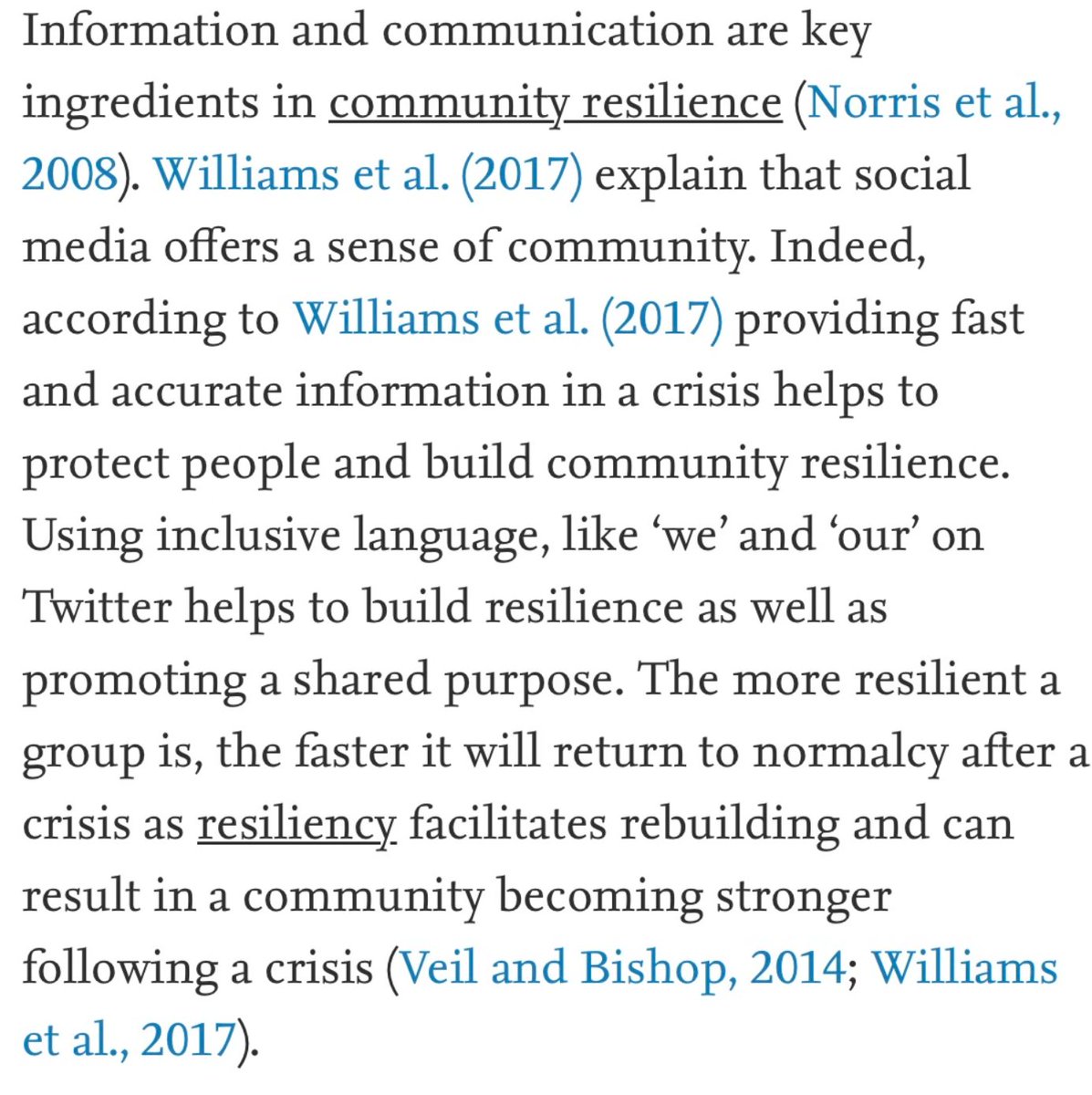At this writing Elon Musk has been the new owner of Twitter for about a week and the air is thick with speculations about what the heck he is doing. At first glance he seems to be destroying the place, perhaps as some crazy expression of egocentricity. This Twitter thread poses a rational explanation I'm keeping for future reference.
Andrew Gawthorpe is a lecturer in history and international studies at Leiden University in the Netherlands. His thread. 🧵
The more Musk's actions don't make sense from a commercial point of view, the more I become convinced that this is about politics for him, specifically ingratiating himself with the American right and with Beijing. A brief thread with the evidence.
Musk seems to be on a mission to damage Twitter. He’s alienating both the most unique part of its userbase – the journalists and others who make it the global public square – and the advertisers who are Twitter’s actual customers but who can’t stomach his erratic behavior.
Why would he do this? It makes sense if you want to court a few specific groups: the American right, Beijing, and potentially other American adversaries.
To understand the domestic politics angle, you have to understand how the right has become fixated in recent years on the tech industry and the (supposed) liberals who run it.
Prominent right-wing figures now even talk of a kind of digital totalitarianism in which cultural norms are dictated by the (supposed) ability of tech companies to police online discourse. They badly wanted to see these companies displaced or forced to cater to the right.
Which is exactly what Musk is offering through
(a) his pledge to change how Twitter moderates discourse, to allow more RW extremism
(b) his culture war against blue checks, who in the minds of the right are the key figures in Twitter’s cabal of liberal thought police.
The plan to charge for blue checks makes no sense otherwise. It will destroy the perceived value of the blue check and earn piddling revenue, which is primarily an ad business. Its only purpose is to win plaudits from the right by showing he shares their enemies.
Musk must calculate that however many online liberals he annoys, the left will never fully turn against him. He’s the guy that made electric cars a real thing! He thinks he can use that space to court the right.
Why? I don’t know. But I’m convinced that’s what he’s doing.
Next up: China. Here’s a screengrab from today’s WSJ. At a time of great tension between Beijing and American companies operating in China, Tesla stays in their good books through actions like this. Twitter can help with that.
It’s no secret that China often pressures Western companies to take particular stances on Taiwan or other issues by threatening to cut off market access. They want to control Western discourse through sheer market power.
As the owner of Twitter, Musk must know that some of that pressure will come his way. It even gives him a great opportunity to ingratiate himself to Beijing by influencing how China, Taiwan, the Uyghurs, etc., are discussed on the platform.
No coincidence, then, that while the deal for Twitter was closing, Musk suggested Taiwan give up its independence and become a “special administrative zone” of the PRC, drawing praise from Beijing.
Hong Kong CNN Business As tensions between China and Taiwan simmer at their highest point in decades, officials in both places have clashed in recent days over an unsolicited idea from billionaire Elon Musk.
The world’s richest man suggested in an interview that hostilities between the two could be resolved if Taipei handed some control of the democratically governed island to Beijing, prompting praise from China and predictable outrage in Taiwan.
“My recommendation … would be to figure out a special administrative zone for Taiwan that is reasonably palatable, probably won’t make everyone happy,” Musk told the Financial Times in an interview published on Friday. “And it’s possible, and I think probably, in fact, that they could have an arrangement that’s more lenient than Hong Kong.”
China’s ambassador to the United States, Qin Gang, thanked Musk for his suggestion in a tweet Saturday, calling for “peaceful unification and one country, two systems.”
But Taiwan’s representative to the US, Bi-khim Hsiao, wrote: “Taiwan sells many products, but our freedom and democracy are not for sale.”
China’s ruling Chinese Communist Party views Taiwan as part of its territory, despite having never governed it, and has long vowed to “reunify” the island with the Chinese mainland, by force if necessary. Taiwan, a democracy of 23 million people, strongly objects to Beijing’s claims to the island.
Beijing has offered Taiwan a “one country, two systems” system of governance, similar to Hong Kong, but that has been rejected by all of the island’s mainstream political parties and the proposal has received very little public support.
In a briefing on October 7, China’s Foreign Ministry spokesperson Mao Ning said the “Taiwan question is China’s internal affair.”
“China’s position on resolving the Taiwan question is consistent and clear. We remain committed to the basic principle of peaceful reunification and ‘one country, two systems,’” she said. “At the same time, we will resolutely defeat attempts to pursue the ‘Taiwan independence’ separatist agenda, push back interference by external forces, and safeguard our sovereignty and territorial integrity.”
Taiwan's President Tsai Ing-wen speaks at a ceremony to mark the island's National Day in front of the Presidential Office in Taipei on October 10, 2022.
Wang Ting-yu, a senior lawmaker for Taiwan’s ruling Democratic Progressive Party, slammed Musk in a Facebook post on Saturday. “Musk’s solution is all about victim concessions,” he said.
Musk’s comments about Taiwan come days after he angered Ukrainian President Volodymyr Zelensky for tweeting a “peace” plan between Russia and Ukraine, proposing that Kyiv permanently cede Crimea to Moscow and hold new referendums in regions annexed by Russia – this time under the supervision of the United Nations.
“Which Elon Musk do you like more?” Zelensky asked his Twitter followers, using the social media platform’s poll function.
“One who supports Ukraine,” or “One who supports Russia.”
Looking at these and other comments – e.g. about Russia/Ukraine – many have asked “can he really be that stupid?” Maybe, but the alternative is worse: it’s an attempt at active courtship of the world’s worst dictatorships, exactly as he takes over the West’s public square.
What is he going to do with this control? Twitter won’t make Musk richer – if anything, it will consume his money. But it is a tool which can be used to ingratiate him and his other businesses with the American right, Beijing, and other dictatorships. This is the real story.
So while you consider how Musk’s moves look to be completely contrary to the long-term health of Twitter either financially or as a genuinely useful and productive forum, keep your eye on this picture instead. Twitter is now a tool of his ambitions, whatever they may be. /end

